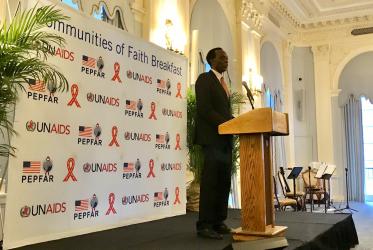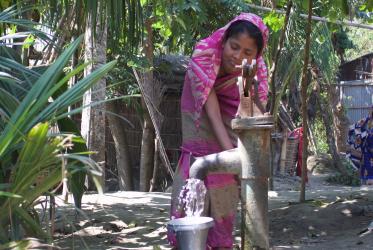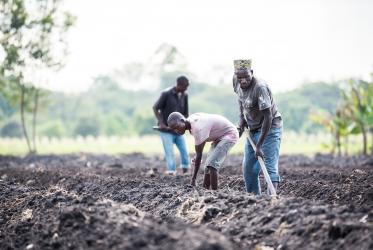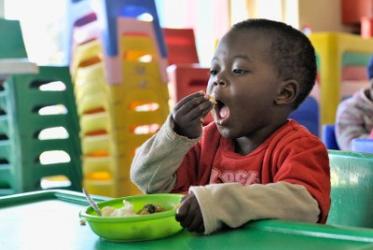Displaying 1 - 20 of 36
07 November 2019
Faith and HIV treatment go hand in hand
06 March 2019
Worrying food shortages compel faith action
19 October 2018
#WCC70: A prayer about health and healing
20 July 2018
Conversation on HIV “must continue,” Faith Networking Zone shows
07 December 2017
“Good healthcare a right, not a privilege,” says WCC-EAA
11 October 2017
UN discussion focuses on women, HIV and property rights
21 March 2017












